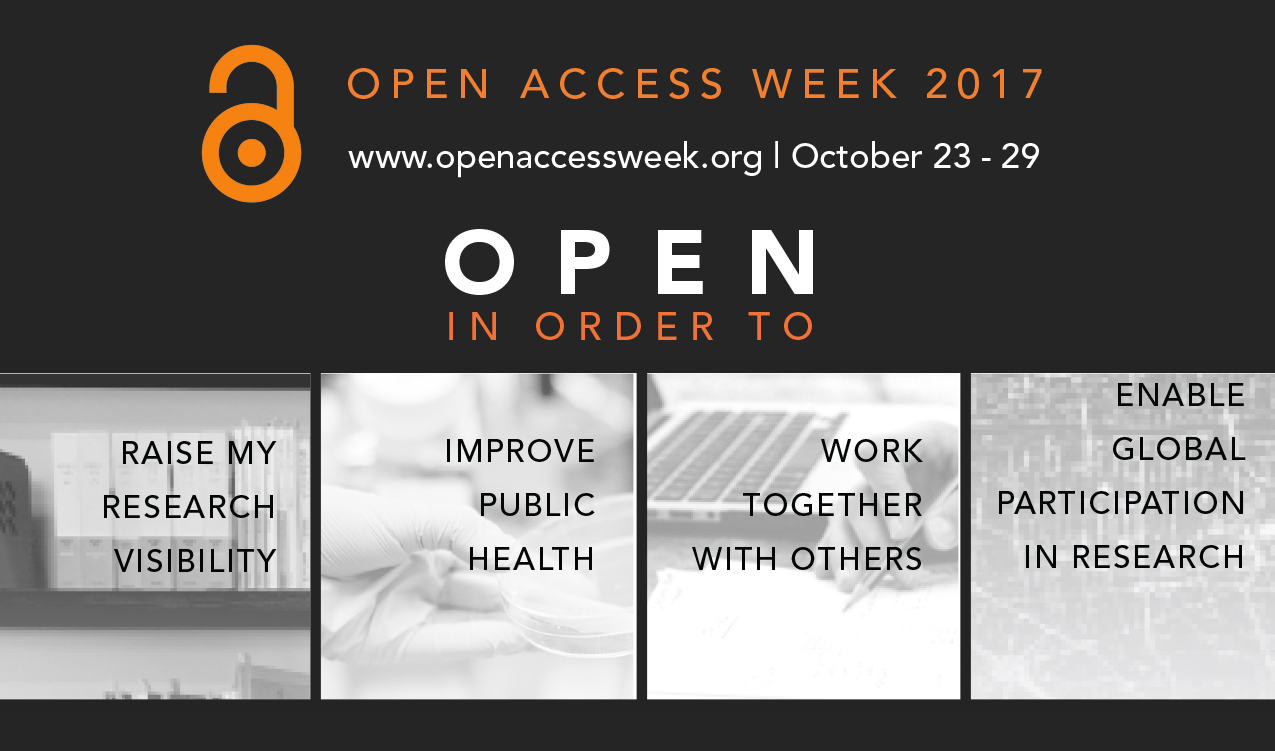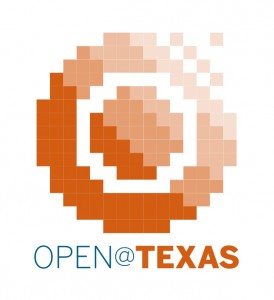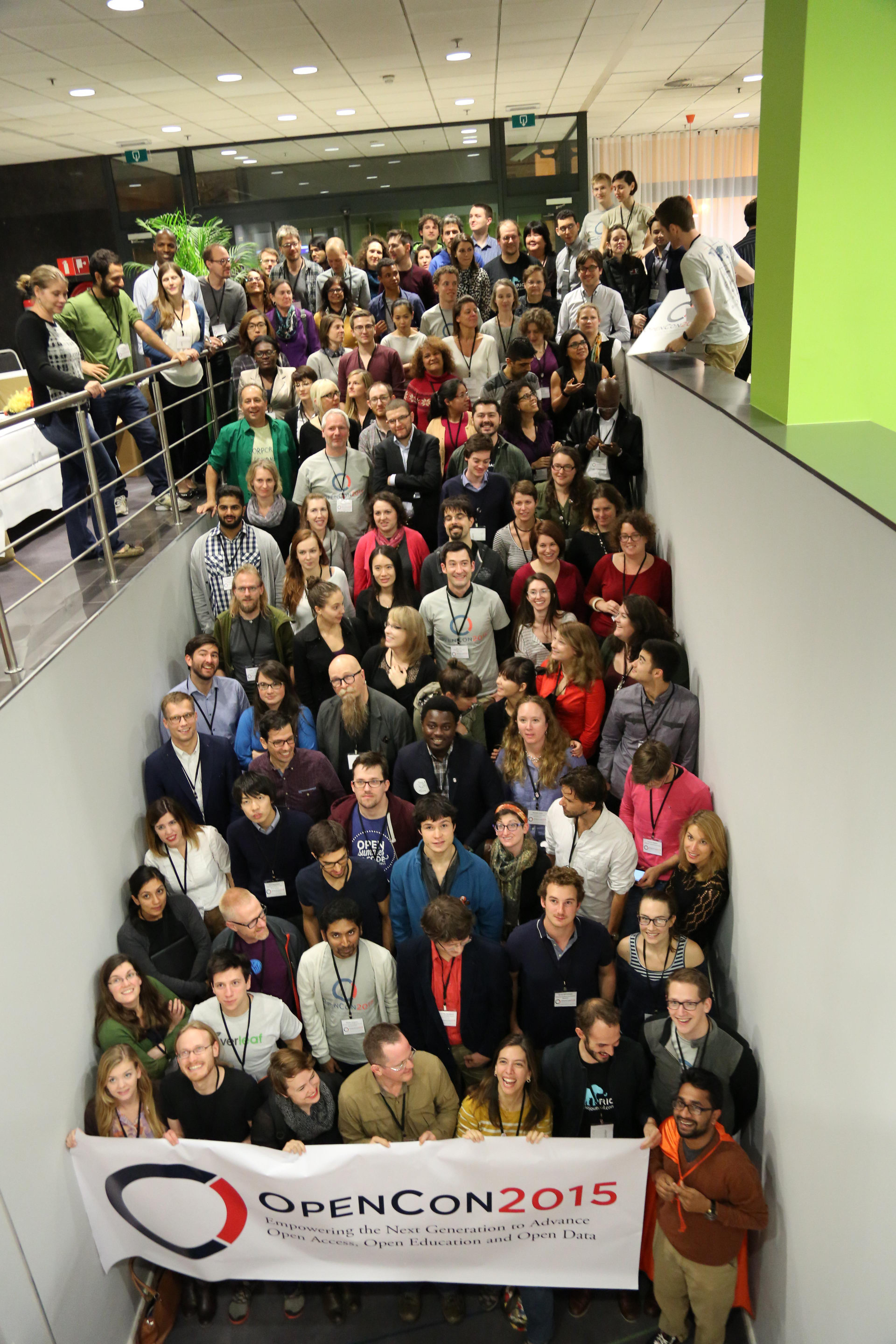March 5-9 is Open Education Week Throughout the week, guest contributors will present their perspectives on the value of open education to research, teaching and learning at The University of Texas at Austin. Today’s installment is provided by Orlando R. Kelm, Associate Professor, Department of Spanish and Portuguese

Open Access seems to be at the core of materials development for those of us who teach what is called LCTLs (less-commonly taught languages). In academic settings, publishing companies are less likely to take a chance on publishing materials where the market is small. There have been multiple occasions when I have been told by publishing companies something similar to, “If you could do this project for us in Spanish we would be interested, but unfortunately the market in Portuguese is not big enough to take on such a project.” Although it has been discouraging to hear such replies, it was also understandable.
However, it today’s world of innovative technologies, online, electronic, digital, social media, video and podcasts, Open Access pedagogical materials in foreign language, especially for the less-commonly taught languages, have provided a boon of opportunities. Here at the University of Texas at Austin, for example, the College of Liberal Arts (LAITS), the Center for Open Educational Resources and Language Learning (COERLL) and the Center for Global Business have all been supportive of our development of online and open access materials for those who want to learn Portuguese. COERLL helps maintain our BrazilPod site, where all our Portuguese materials are available for everyone, anytime, Open Access, and with Creative Commons license. Here’s the URL: https://coerll.utexas.edu/brazilpod/index.php
This site contains a number of videos, podcasts, exercises, transcripts, translations, and a number of other materials. We have seen how users, both teachers and private learners, have integrated, modified and added these materials to the study of Portuguese. Some access the materials online, others embed content into exercises and quizzes, others create ancillary activities for organized courses. Open Access has revolutionized the way that learners of LCTLs share materials and expose learners to content.
It also seems a bit ironic when we think of the initial rejection from publishing companies. If they were to approach us today to publish in traditional formats, chances are that we would react by saying, “Thanks, but our ability to share with Open Access works for us better than the traditional publication methods.”



